

In an era where cyber threats are evolving at an alarming pace, industrial systems face a particularly insidious danger that goes beyond the well-known perils of ransomware and data theft, with wiper malware emerging as a critical concern. Wiper malware, a destructive form of malicious software
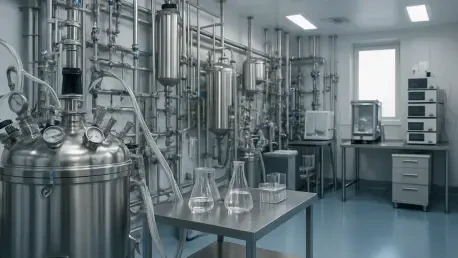
Understanding the CDMO Industry and Thermo Fisher’s Role Imagine a world where the development of life-saving drugs hinges on partnerships that streamline innovation and production at an unprecedented scale, a reality embodied by the contract development and manufacturing organization (CDMO)
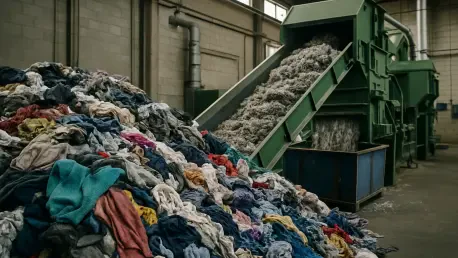
Every year, Europe faces the daunting challenge of managing 10 billion kilograms of textile waste, a staggering figure that translates into a potential market worth billions of euros at a value of 2 to 3 euros per kilogram, presenting not just an environmental burden but a remarkable economic
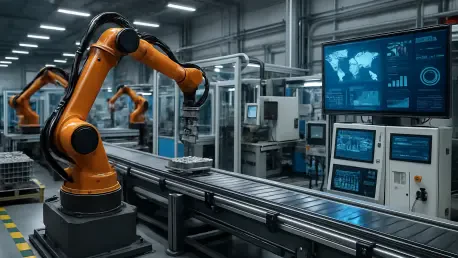
The fourth industrial revolution, often termed Industry 4.0, is fundamentally altering the global industrial landscape through an unprecedented wave of digital transformation, integrating cutting-edge technologies into everyday operations. This transformative era incorporates innovations such as
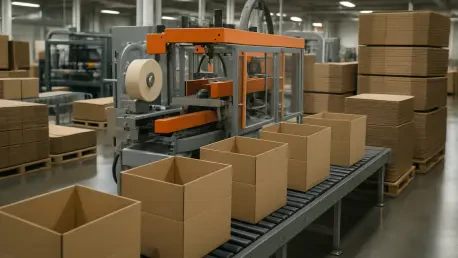
The North American packaging industry is experiencing an unprecedented surge of activity as major corporations channel substantial investments into expansions, facility upgrades, and innovative projects to address the escalating demand for packaging solutions. Across the United States and Canada,

I'm thrilled to sit down with Kwame Zaire, a renowned manufacturing expert with a deep passion for electronics, equipment, and production management. With his extensive knowledge in predictive maintenance, quality, and safety, Kwame offers unique insights into the groundbreaking achievement by the
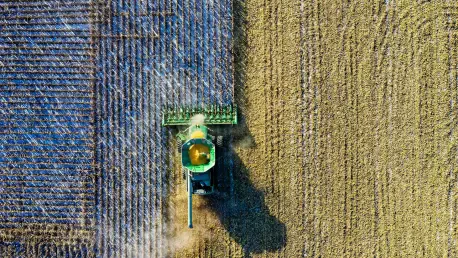
Setting the Stage for a Fertilizer Revolution In a nation where agriculture underpins the livelihood of millions, India faces a staggering gap in fertilizer supply, importing 6-7 million tonnes annually to meet a demand of 20 million tonnes, exposing vulnerabilities amid global supply chain
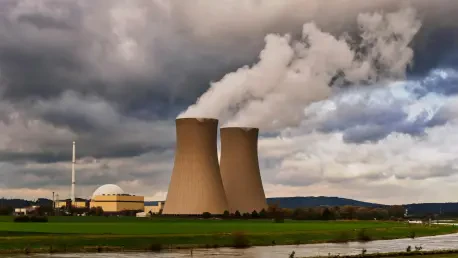
Welcome to an insightful conversation with Kwame Zaire, a renowned manufacturing expert with deep expertise in electronics, equipment, and production management. With a passion for predictive maintenance, quality, and safety, Kwame brings a unique perspective to the intersection of advanced

Imagine a world where a pint of ice cream arrives at your doorstep in under 30 minutes, untouched by traffic delays and delivered straight from the sky. This is no longer a distant dream but a growing reality in select American neighborhoods, thanks to delivery drone technology. As logistics races

What happens when aging energy infrastructure meets cutting-edge technology? In the heart of America’s power grid, a quiet revolution is unfolding as AML3D, an Australian leader in additive manufacturing, introduces its ARCEMY X 6700 to the Tennessee Valley Authority (TVA), the nation’s
ITCurated uses cookies to personalize your experience on our website. By continuing to use this site, you agree to our Cookie Policy